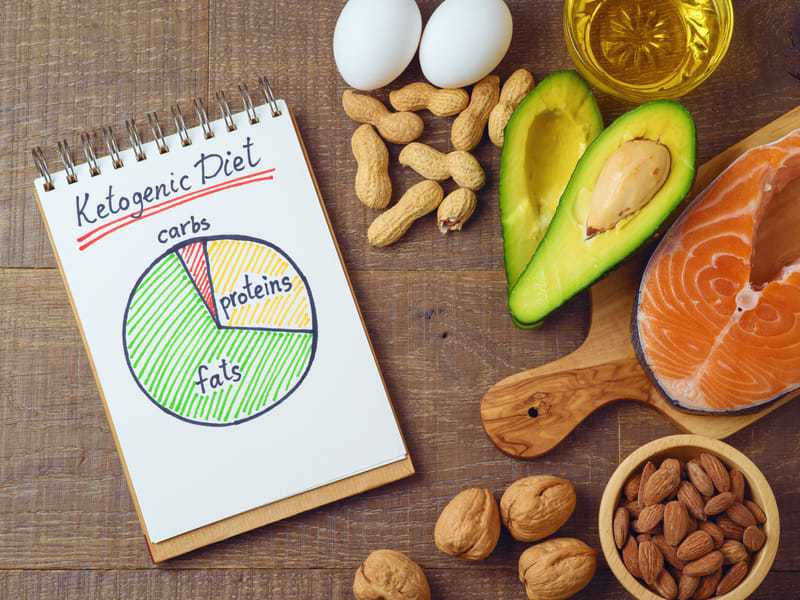Ketogenic diets have become popular because several studies show that they can help people lose weight and lower their blood sugar. Some evidence even suggests that a keto diet can help protect people from illnesses like cancer, epilepsy and Alzheimer’s disease.
People who follow a ketogenic diet consume as few carbohydrates as possible. Diets low in carbs force the body to alter their metabolic states so that they burn fat for energy.
Although eating a keto diet may improve some health conditions and help people lose weight, some of the diet’s followers report that they develop bad breath. Instead of dismissing the diet, it makes sense for people to learn more about “keto breath,” its cause and how to treat it.
What Causes Keto Breath?
Under typical circumstances, human bodies rely on carbohydrates for energy. Once carbs have been converted into energy, the body turns to fat. When the body starts turning fat into energy, it has entered a state of ketosis.
As the body breaks down fatty acids, it produces a variety of natural chemicals, including acetone, acetoacetate and hydroxybutyrate. Most of the time, the body excretes these chemicals through urination. Unfortunately, the chemicals also get expelled through breathing, which can cause bad breath.
What Does Keto Breath Smell Like?
It’s not surprising that chemicals like acetone cause bad breath. After all, acetone is one of the chemicals used to make nail polish, which has an abrasive smell. In extreme cases, a person’s breath can smell like ammonia. Many dieters also experience a metallic taste in their mouths.
Some people, however, experience sweet-smelling breath that’s similar to the smell of fruit. Fruity-smelling breath may not sound so bad, but it’s an annoying side effect that bothers many people who follow keto diets.
How to Treat Keto Breath
Most dieters find that their bad breath disappears after a few weeks. In the meantime, they can cover the odor by chewing gum, using sugar-free mints and using natural breath fresheners like mint, fennel seeds and cinnamon.
Drinking more water can also dilute the presence of smelly chemicals in the breath. Anyone following a ketogenic diet should drink at least eight glasses of water each day.
Other options for preventing keto breath include:
- Eating slightly more carbohydrates
- Consuming less protein
- Practicing good oral hygiene by brushing at least twice a day and flossing daily
Alternative Diets That Don’t Cause Bad Breath
A high-protein, low-carb keto diet isn’t the only option for people who want to lead healthier lifestyles and lose weight. Several healthful diets don’t cause bad breath.
The standard ketogenic diet contains 75 percent fat, 20 percent protein and 5 percent carbohydrates. Alternative versions of the diet could help prevent bad breath. A targeted ketogenic diet, for instance, lets people eat more carbs immediately before or after exercising. Cyclical ketogenic diets break the week into five ketogenic days and two high-carbohydrate days.
People who add more carbs to their keto diet often find that they can avoid bad breath.
Following a vegan diet can also help people meet their health goals without developing bad breath. Vegan diets do not include any meat or animal products, including milk and eggs. Health benefits of veganism include:
- Lower cancer risks
- Improved bone health
- Lower rates of heart disease
- Weight loss
All diets have advantages and disadvantages. While keto diets work for many people, they can cause bad breath. Those who find bad breath particularly bothersome can either treat the symptoms or switch to an alternative diet that doesn’t result in smelly chemicals.

